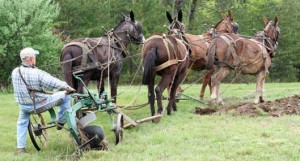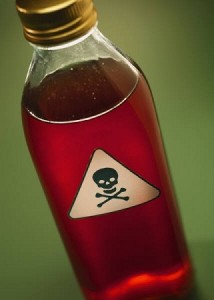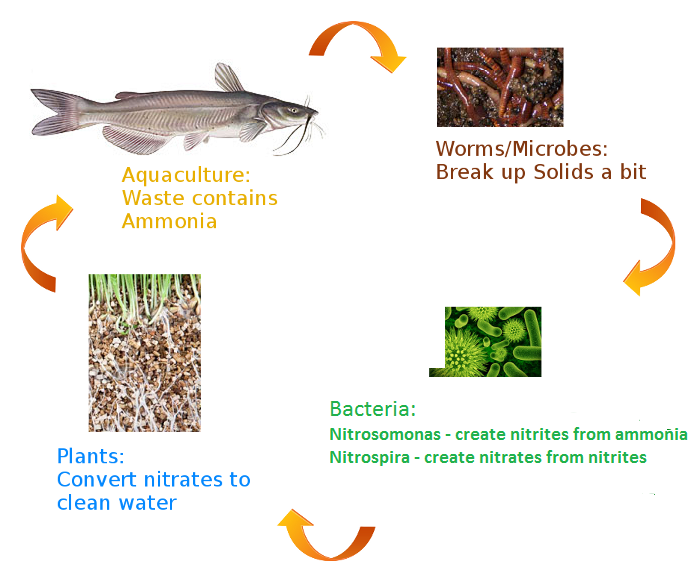Growing Vegetables in Dirt
 Traditional dirt farming requires nutrients in the soil either added, existing or naturally renewed (river floods, composting, rain run offs, etc). It usually requires considerable space, and considerable water and a LOT of work. You have to fight with nature often times to produce consistent crops. Basically this is hard work and requires knowledge, luck and patience that I simply don’t have.
Traditional dirt farming requires nutrients in the soil either added, existing or naturally renewed (river floods, composting, rain run offs, etc). It usually requires considerable space, and considerable water and a LOT of work. You have to fight with nature often times to produce consistent crops. Basically this is hard work and requires knowledge, luck and patience that I simply don’t have.
Using Hydroponics to Grow Vegetables
 I started learning about hydroponics, but thought it was a gimmick. Plants grow in containers that have recirculated water. Nutrients are added and when toxic chemicals build up, you dump the waste water. If you aren’t a chemist, or daydream about being a chemist, hydroponics is probably not for you. There is a certain science and exactness to hydroponics and if you are not on your game, food will taste synthetic. Your food has these types of tastes, because the chemicals you add are all synthetic. There is no natural process involving microbes, bacteria or all the wicked coolness that comes with dirt farming and aquaponics farming (nature). You are basically giving specific chemicals to plants to force them to fruit, flower and grow. This was definitely not in line with my way of thinking. The waste of toxic sludge is not organic or eco-friendly at all. And the idea of eating chemicals from a bottle makes me a bit sick.
I started learning about hydroponics, but thought it was a gimmick. Plants grow in containers that have recirculated water. Nutrients are added and when toxic chemicals build up, you dump the waste water. If you aren’t a chemist, or daydream about being a chemist, hydroponics is probably not for you. There is a certain science and exactness to hydroponics and if you are not on your game, food will taste synthetic. Your food has these types of tastes, because the chemicals you add are all synthetic. There is no natural process involving microbes, bacteria or all the wicked coolness that comes with dirt farming and aquaponics farming (nature). You are basically giving specific chemicals to plants to force them to fruit, flower and grow. This was definitely not in line with my way of thinking. The waste of toxic sludge is not organic or eco-friendly at all. And the idea of eating chemicals from a bottle makes me a bit sick.
What is Aquaponics?
What if we could grow plants but use them to do a task, like clean up waste from another system consisting of fish? We could eat the fish and the plants and there was never waste. It would be completely organic, and nutritious without all the traditional dirt farming intensive labor or lack of control. Wait! We can! It’s called aquaponics.

In aquaponics fish and plants are harvested together in a symbiotic way much like an entire eco system, but smaller. There is no waste, and it uses 90% less water than traditional dirt farming. There are some chemicals, but only if a system is not balanced (chelated iron, Epsom salts, vinegar). These are much more natural than the highly toxic gunk that hydroponics uses.
Pest control must be done using companion planting, natural enzymes from healthy plants, and organic extracts like neem oil, garlic spray, etc. If organic methods are not used, the fish suffer and will die.